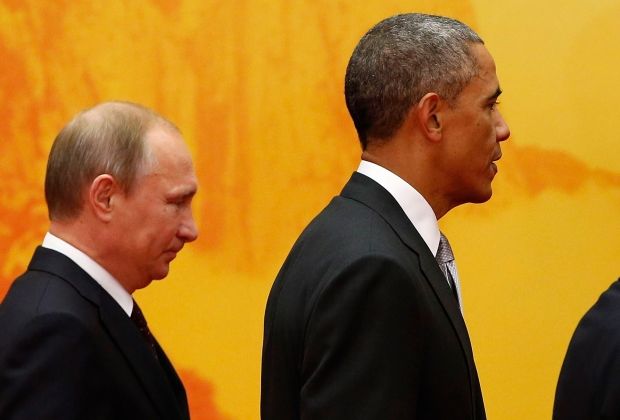
Since the July agreement under which Tehran agreed to curb its nuclear program in exchange for an easing of U.N., U.S. and European Union sanctions, Moscow has stepped up its rhetoric against the missile shield, Reuters reports.
The latest spat threatens to further worsen a deep chill in ties between Moscow and Washington, now at their lowest point since the Cold War because of the conflict in Ukraine.
Russian Foreign Minister Sergei Lavrov last week said Barack Obama "was not telling the truth" in comments he made in 2009 linking the need for a missile shield to what the president called the "real threat" from Iranian nuclear and ballistic missile activity.
At the time, Obama said: "As long as the threat from Iran persists, we will go forward with a missile defense system that is cost-effective and proven. If the Iranian threat is eliminated, we will have a stronger basis for security, and the driving force for missile defense construction in Europe will be removed."
Moscow says those comments mean that with the resolution of the Iranian nuclear issue, Washington should now walk away from the missile shield plan.
But William Stevens, spokesman for the U.S. embassy in Moscow, said even if the agreement was fully implemented, it did not annul the threat from Iran's ballistic missiles that Obama also mentioned back in 2009.
Under the July deal, U.N. sanctions on Iran's ballistic missiles program will stay in place for eight years.
"As long as Iran goes on developing and deploying ballistic missiles, the U.S. together with its allies and partners will be working to ensure protection from this threat, including through deploying the NATO missile shield system," Stevens said.
If the shield goes ahead, Russia has said it would retaliate, including by deploying short-range Iskander ballistic missiles in its enclave of Kaliningrad, on the border with NATO members Poland and Lithuania.

